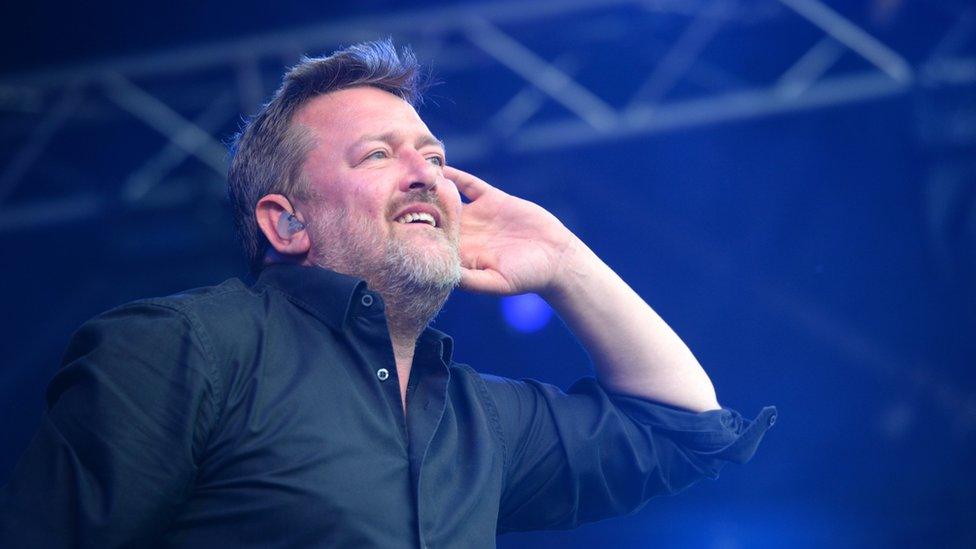Songwriter Iain Archer tells MPs streaming model is unethical
- Published
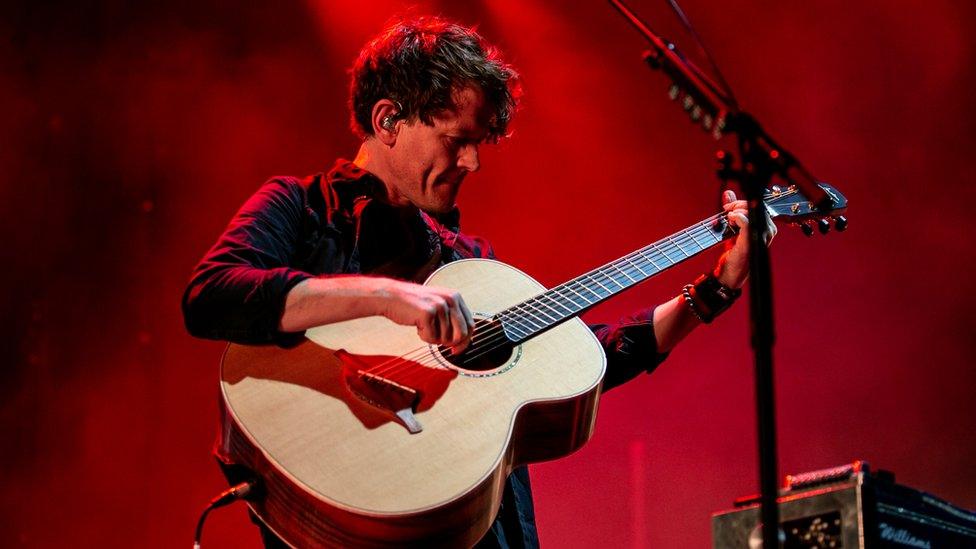
Iain Archer has performed with Snow Patrol, Ed Sheeran and members of REM and Thin Lizzy
An award-winning songwriter from Northern Ireland has described the current model of music streaming as "inequitable and unethical".
Iain Archer made the remark in evidence to a Westminster inquiry into the economics of online music streaming.
Mr Archer co-wrote the song Run - a hit for both Snow Patrol and Leona Lewis.
Other musicians who gave evidence to the inquiry included Nile Rodgers, Nadine Shah, Ed O'Brien from Radiohead and Guy Garvey from Elbow.
Stars including Paul McCartney, Kate Bush, Robert Plant and Stevie Nicks previously called on the government to reform the way musicians are paid when their songs are streamed online.
MPs on the Digital, Culture, Media and Sport Committee (DCMS) concluded that many successful musicians received "pitiful returns" from streaming.
They called for a "complete reset" to fairly reward performers and creators.
Music streaming services like Spotify, Apple Music and YouTube have become the dominant way many people listen to music.
Originally from Bangor, County Down, Mr Archer has been nominated for a Grammy award and won two Ivor Novello awards - one of the highest accolades for a songwriter.
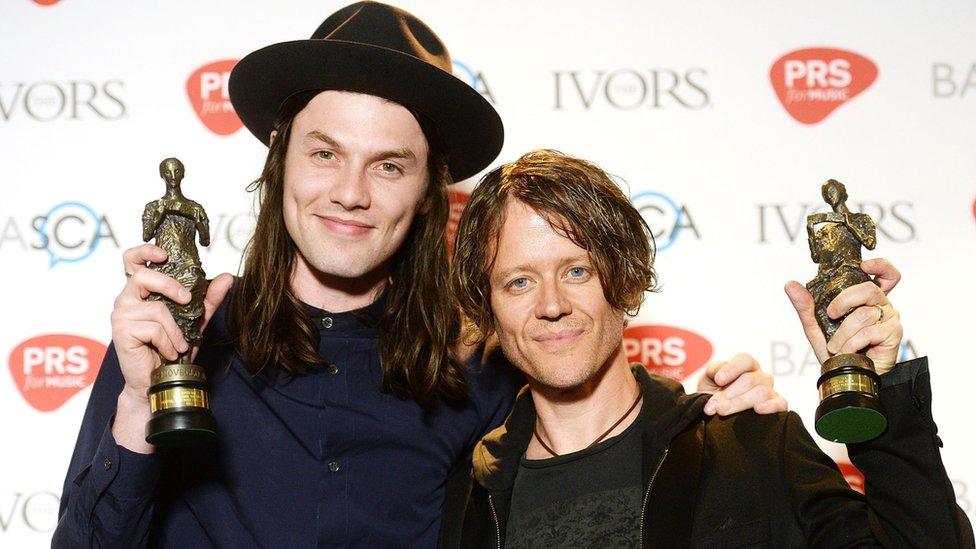
James Bay with Iain Archer after they jointly won a 2016 Ivor Novello award for their song Hold Back The River
As a musician, he has also performed with Snow Patrol, Ed Sheeran and members of REM and Thin Lizzy.
But in written evidence to the DCMS inquiry, he said that even if a song he had written was streamed one million times he might only earn about £450.
"On a song such as Be A Nobody by the artist Soak, this work had 1,402,712 streams in the year 2014 for which my publisher collected £118.80," Mr Archer said.
"I am clearly severely out of pocket on the costs incurred.
"Over six years I stand to make £1,355 from this song on 5,671,142 streams.
"All the above will also be reduced by a publisher's cut, management commission and tax."
Mr Archer said that level of payment for his work was "clearly not sustainable".
"Streaming urgently needs oversight if the creators, who contribute to the vibrant culture of the nation both at home and abroad, and its revenue, are to survive," he added.
Mr Archer told MPs that the value of a songwriter's craft had been "highly diminished".
"In the instance of the work being released through a streaming platform, unless the recording is a hit single, it could be years before I break even on my time and costs," he said.
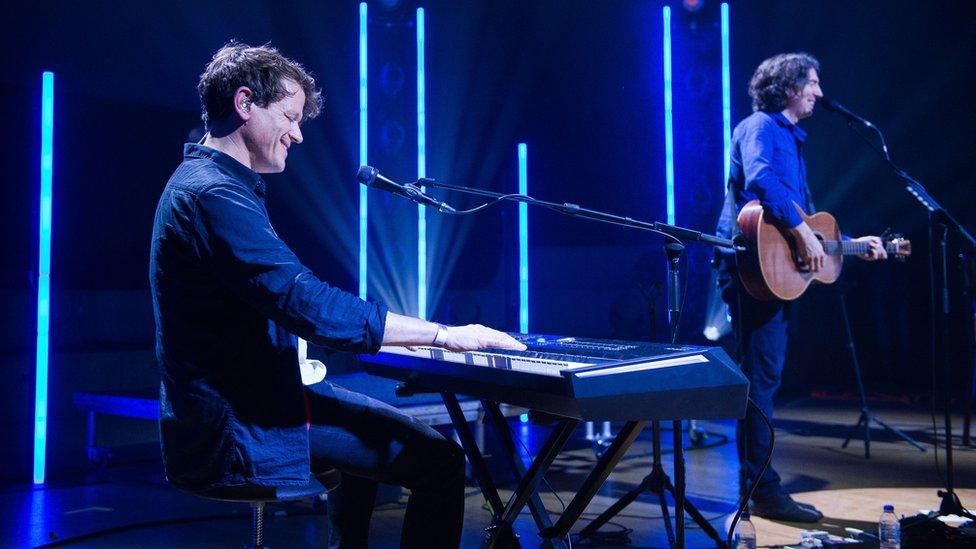
Iain Archer and Snow Patrol's Gary Lightbody performing at the 2019 NI Music Awards
Elbow singer Guy Garvey had previously made similar points in oral evidence to the committee, saying that the way artists are paid for audio streams is "threatening the future of music".
The DCMS committee's final report said that many musicians received "pitiful returns from music streaming".
"Successful, critically-acclaimed professional performers are seeing meagre returns from the dominant mode of music consumption," the report said.
The MPs said the valuation of a song "resulted in financial hardship for all but a select few".
They called for musicians and songwriters to be given a legal right to a fairer share of revenues from streaming.
'Losing out'
The MPs also said that while people were enjoying music that was historically cheap, more personalised and more readily available than ever before, "streaming's short-term pricing structure puts music at risk in the long term".
The committee chair Julian Knight MP said there were "real concerns" about how the music streaming industry was operating.
"While streaming has brought significant profits to the recorded music industry, the talent behind it - performers, songwriters and composers - are losing out," he said.
"Only a complete reset of streaming that enshrines in law their rights to a fair share of the earnings will do."
Related topics
- Published20 April 2021
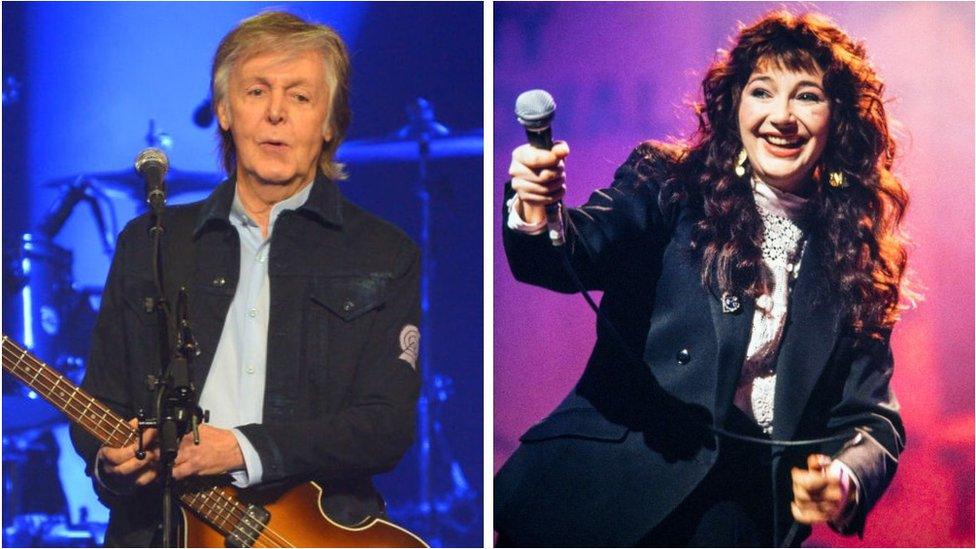
- Published24 November 2020
